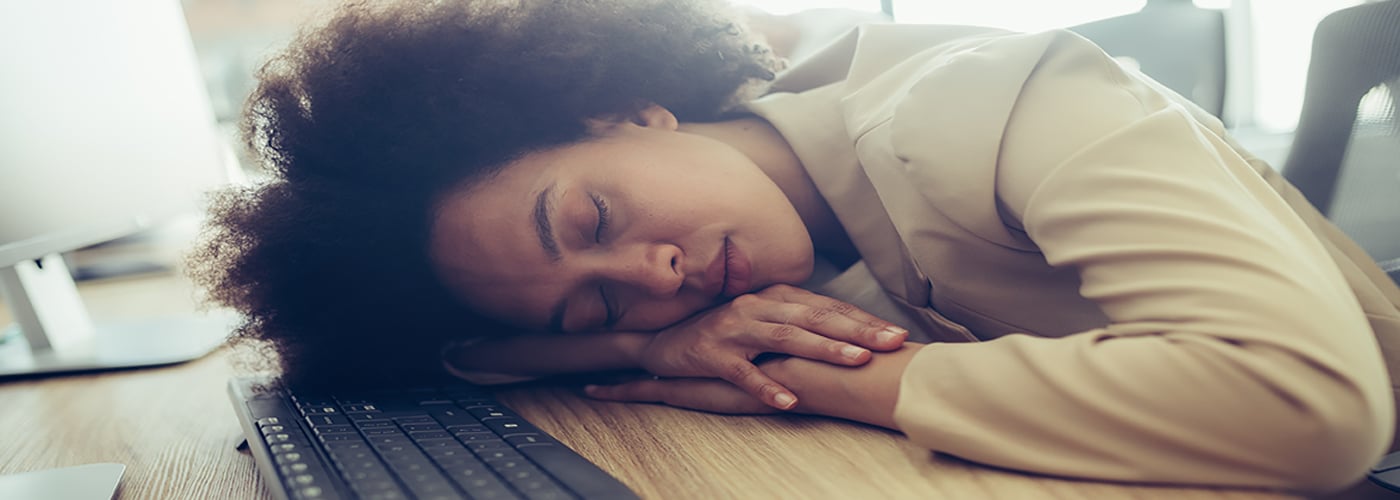Opiates are a class of drugs naturally found in the opium poppy plant. Some prescription opiates are made from the plant directly, and others are made by scientists in labs using the same chemical structure. Opiates are often used as medicines because they contain chemicals that relax the body and can relieve pain. Prescription opiates are used mostly to treat moderate to severe pain, though some opioids can be used to treat coughing and diarrhea.
Opiates can also make people feel very relaxed and “high” – which is why they are sometimes used for non-medical reasons. This can be dangerous because opioids can be highly addictive, and overdoses and death are common.

Table of Contents
Opiates and Pain Relief
Opiates are effective for pain relief, but because they produce euphoria in addition to pain relief, they can be misused by taking a larger quantity than prescribed or taken without a doctor’s prescription. Regular use, even as prescribed by a doctor, can lead to dependence and, when misused, can lead to addiction, overdose incidents, and deaths.
Some of the most common opiates include:
- Prescription painkillers
- Morphine
- Codeine
- Hydrocodone
- Vicodin
- Oxycodone
- OxyContin
- Percocet
- Heroin
Some may think because when they are on opiates and they get drowsy and nod off for a bit, that they are good for sleep. But do opiates make you sleepy? Yes, they make you drowsy because your respiratory system slows down but they are not considered a sleep aid. They can be dangerous when taking too much and your heart can slow down that you stop breathing.
Opiates Cause Fatigue and Sleepiness
Because opiates are depressants, users inevitably experience fatigue while using the drug. Fatigue often creates disorientation, dizziness, and random moments of hyperactivity or excitability. Equally devastating is how opiates affect the deepest phase of sleep, rapid eye movement sleep. During this phase, the body is at its least active and the mind at its most active. Even though opiates are painkillers that induce drowsiness, they do not necessarily induce restful sleep. Opiate abuse can lead to insomnia and disturbed sleep.
There is more than just sleep that is affected. According to the National Institute on Drug Abuse (NIH), in the short term, opioids can relieve pain and make people feel relaxed and happy. However, opioids can also have harmful effects, including:
- Drowsiness
- Confusion
- Nausea
- Constipation
- Euphoria
- Slowed breathing
Opioid misuse can cause slowed breathing, which can cause hypoxia, a condition that results when too little oxygen reaches the brain. Hypoxia can have short- and long-term psychological and neurological effects, including coma, permanent brain damage, or death. Researchers are also investigating the long-term effects of opioid addiction on the brain, including whether the damage can be reversed.
Physical Dependency on Opiates
The physical dependence on a drug means that a person’s brain structure and brain chemicals have altered to accommodate the drug. When the person stops using opiates, their body has to adapt to not having the drug in the body, which results in withdrawal symptoms.
When a person stops taking opiates, they may experience withdrawal symptoms, such as pain, body aches, fatigue, and nausea. The symptoms of opiate withdrawal can be very distressing, but they are rarely life-threatening. Withdrawal symptoms can arise hours after the last dose of the drug and may last for a week or more.
There are several treatments and detox options for the removal of opiates from the body. Medical detox, for instance, includes both medical and psychological treatments while under the close supervision of both medical and mental health specialists in a safe and comforting residential setting, while standard detox may be performed on an outpatient basis.
Opiate Addiction Treatment
At Garden State Treatment Center we can get you on your path to recovery. Our Medication-assisted treatment (MAT) is the use of medication along with counseling and behavioral therapies to treat substance use disorders, most commonly geared for opioid addicts.
At Garden State Treatment Center, we offer a Medication-Assisted Treatment (MAT) program that is perfectly suited to assist our clients that need to build a strong relapse prevention plan. Call today and let’s walk the path to recovery together.
FAQ
Does oxycodone make you sleepy?
Is it normal that Opiates don’t make you sleepy?
Published on: 2021-01-13
Updated on: 2024-12-22



